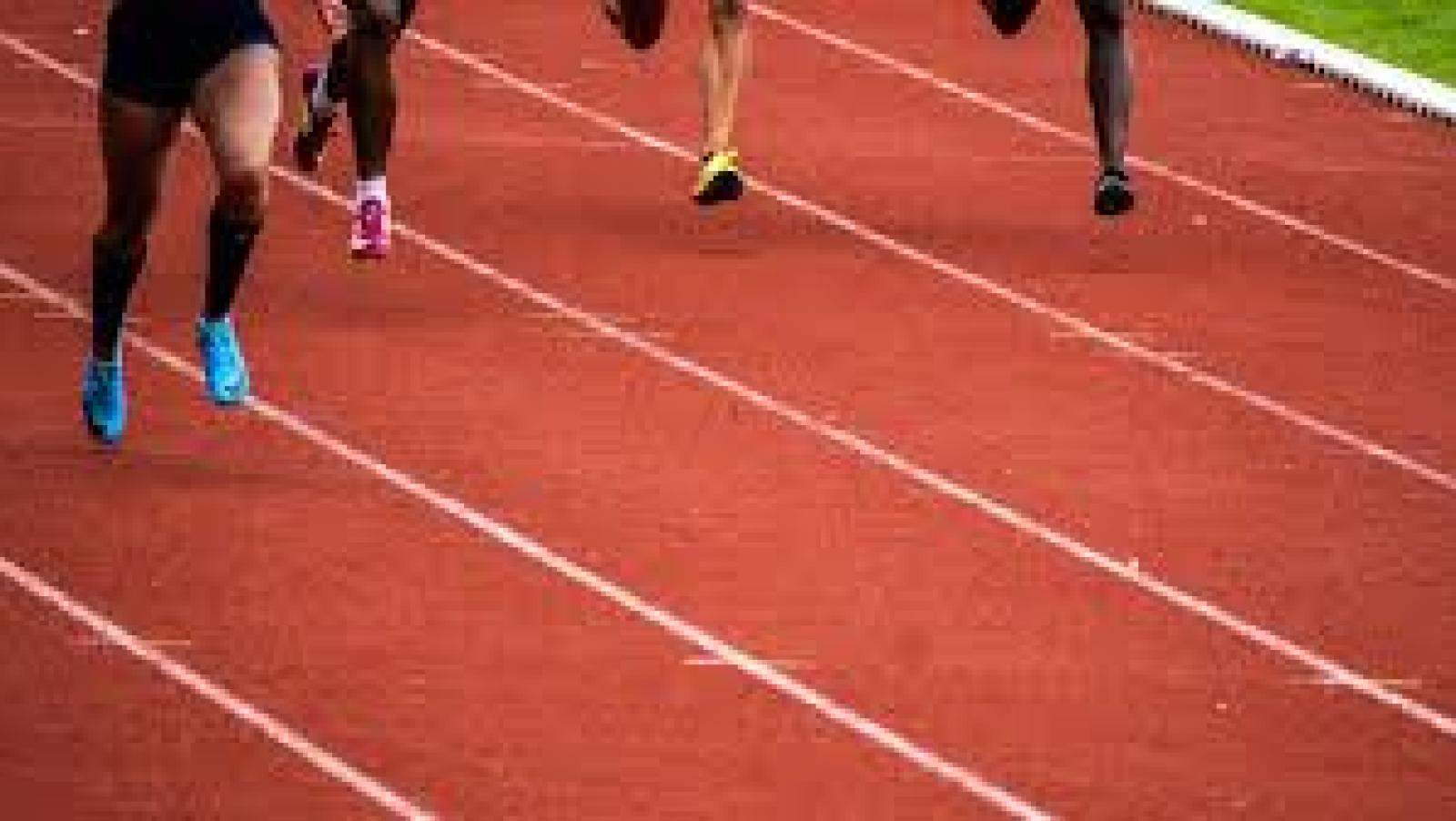
Sport Ireland Publishes 20th Irish Anti-Doping Review
Marking the 20th anniversary of the Irish Anti-Doping System, Sport Ireland today published its annual Anti-Doping review, which provides a full and detailed account of anti-doping activities across 2019.
Last year, through the national testing programme Sport Ireland conducted 1,303 tests. This includes 381 blood tests and 922 urine tests, marking a 17% increase on 2018. Sport Ireland also conducted an additional 195 ‘user pays’ tests on behalf of 11 national and international organisations.
Commenting on the publication of the report Minister for Transport, Tourism and Sport, Shane Ross said: “As has been the case for the last number of years, much talk around the anti-doping scene has centred on the lamentable actions of a small few and not the great work being done to protect the interests of clean athletes. Sport Ireland has continued to demonstrate strong leadership in this regard, repeatedly calling for justice and transparency around the restoration of Russia’s compliance with the World Anti-Doping Code.
“Domestically, Sport Ireland’s leadership in leading the fight against doping here is also to be acknowledged. The strengthening of the work in the area of science and investigation has bolstered the already robust system, which is underpinned by an education-centric approach. As a Government, we are firmly behind the fight against doping in sport and at a political level we are working with our international colleagues to ensure sporting landscape is fair and just for the sake of all clean athletes.”
As well as an increased testing programme, Sport Ireland made further strides in the areas of education, science and investigation. In total, 4,195 athletes and support personnel were educated through face-to-face sessions in 2019, with 2,250 completing online training.
During 2019 Sport Ireland strengthened its investigative powers through the engagement of an experienced and professional investigator, who works closely with a number of other agencies including the Health Product Regulatory Authority (HPRA), the Food Safety Authority of Ireland (FSAI) and An Garda Síochána.
Caroline Murphy, Chair of Sport Ireland’s Anti-Doping Committee, said: “The support of our athletes and National Governing Bodies is central to the success of the national anti-doping programme. The increased emphasis on science and investigation has led to increased efficiencies in how the programme functions. To support this, in 2019 we continued our close collaboration with the Health Product Regulatory Authority and other agencies. The increase in the number of tests in 2019 means that not only are we more likely to find and sanction instances of doping, but it also acts as a significant deterrent to any athletes considering doping. The continuation of the education programmes is also significant in this regard, with more and more athletes and tutors receiving training on the anti-doping system, the testing process and risk identification & analysis.”
International advocacy has been a long-standing priority for Sport Ireland, particularly in recent years, due to the continually evolving situation surrounding Russia’s conduct with regard to anti-doping. In 2019, Sport Ireland continue to join with international anti-doping leaders to discuss matters relating to Russia and to hold the leadership of WADA to account over its handling of the situation.
“As has been the case for the last number of years, events away from the playing field dominated the headlines in 2019, which was another year where the collective fight against doping in sport was again put to the test. In 2019, Sport Ireland joined with key stakeholders in the anti-doping movement in stressing to WADA the need for transparency in all matters. In this regard, Sport Ireland brought together leaders in the anti-doping movement together for a special meeting to discuss this on the eve of the WADA Conference in Poland. The subsequent sanctions imposed on Russia in the latest twist in the ongoing saga were not necessarily what we had hoped for, but nonetheless they went some way towards reprimanding the conspirators of wholescale system manipulation. With the postponement of the Olympic and Paralympic Games, it now gives breathing space to the Court of Arbitration for Sport to make a determination on Russia’s appeal to their sanction will in advance of the Games taking place.”
The important voice of the athlete has been high on the agenda, with Sport Ireland hosting a joint event with the Olympic Federation of Ireland with special guest Beckie Scott, the former chair of WADA’s Athletes’ Committee. Sport Ireland has also been involved in projects at a European level focused on promoting and amplifying the voice of the athlete in the anti-doping process.
The ongoing international COVID-19 pandemic has had an impact on all facets of society, with sport being no different. As a result of current restrictions on movement of people and social distancing, the anti-doping system has had to adapt, as Sport Ireland Director of Participation and Ethics, Dr Una May, explains: “While we are experiencing unprecedented and uncertain times, the anti-doping system is still functioning, albeit at a significantly reduced level of activity. Notwithstanding this, Sport Ireland remains in a position to act on any intelligence received; our close relationship with the HPRA, An Garda Síochána and Customs is vitally important in this regard. Where testing needs to take place, sample collection personnel will be following the basic principles of social distancing, and the protective measures as mandated by the Government.”